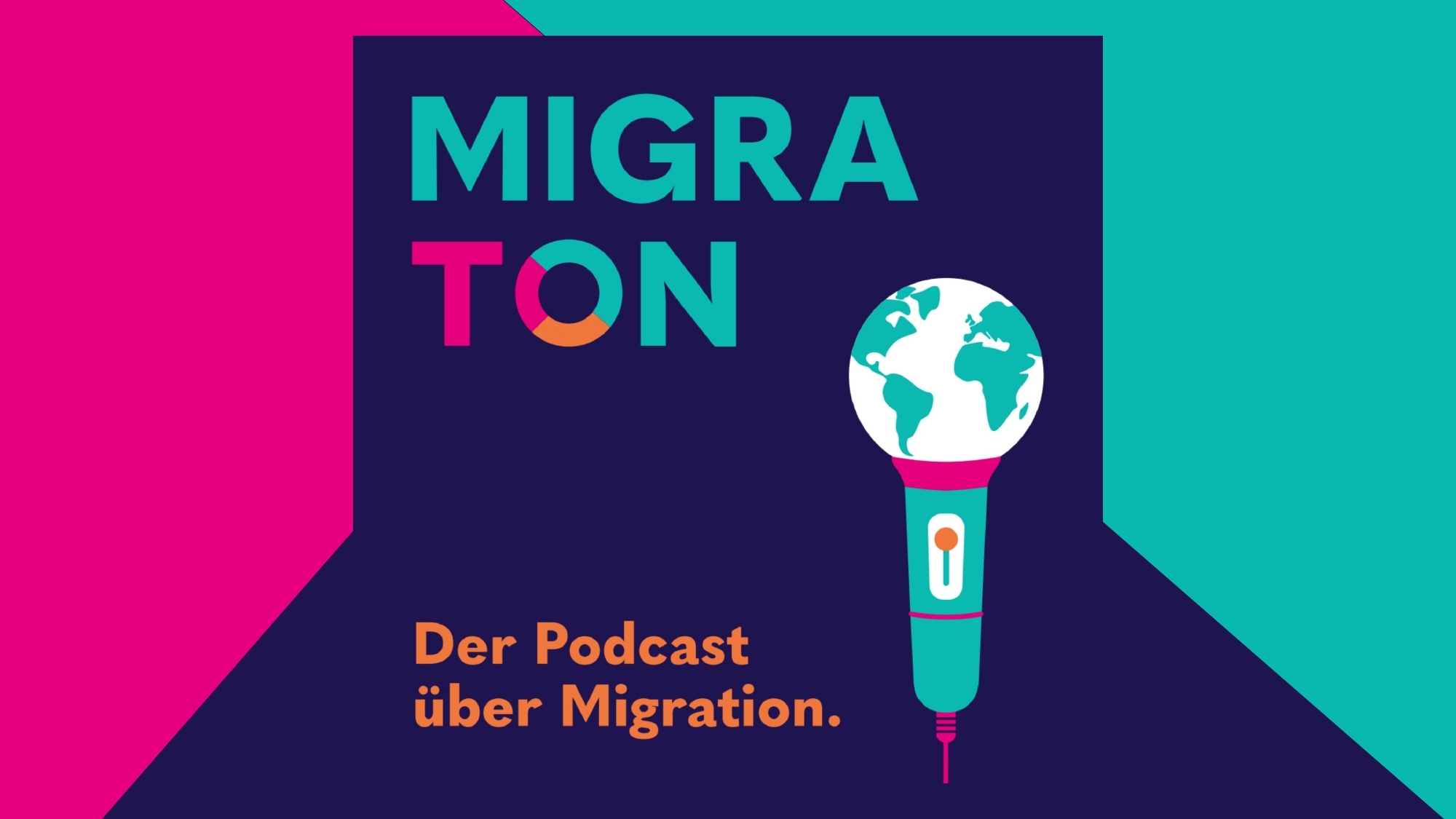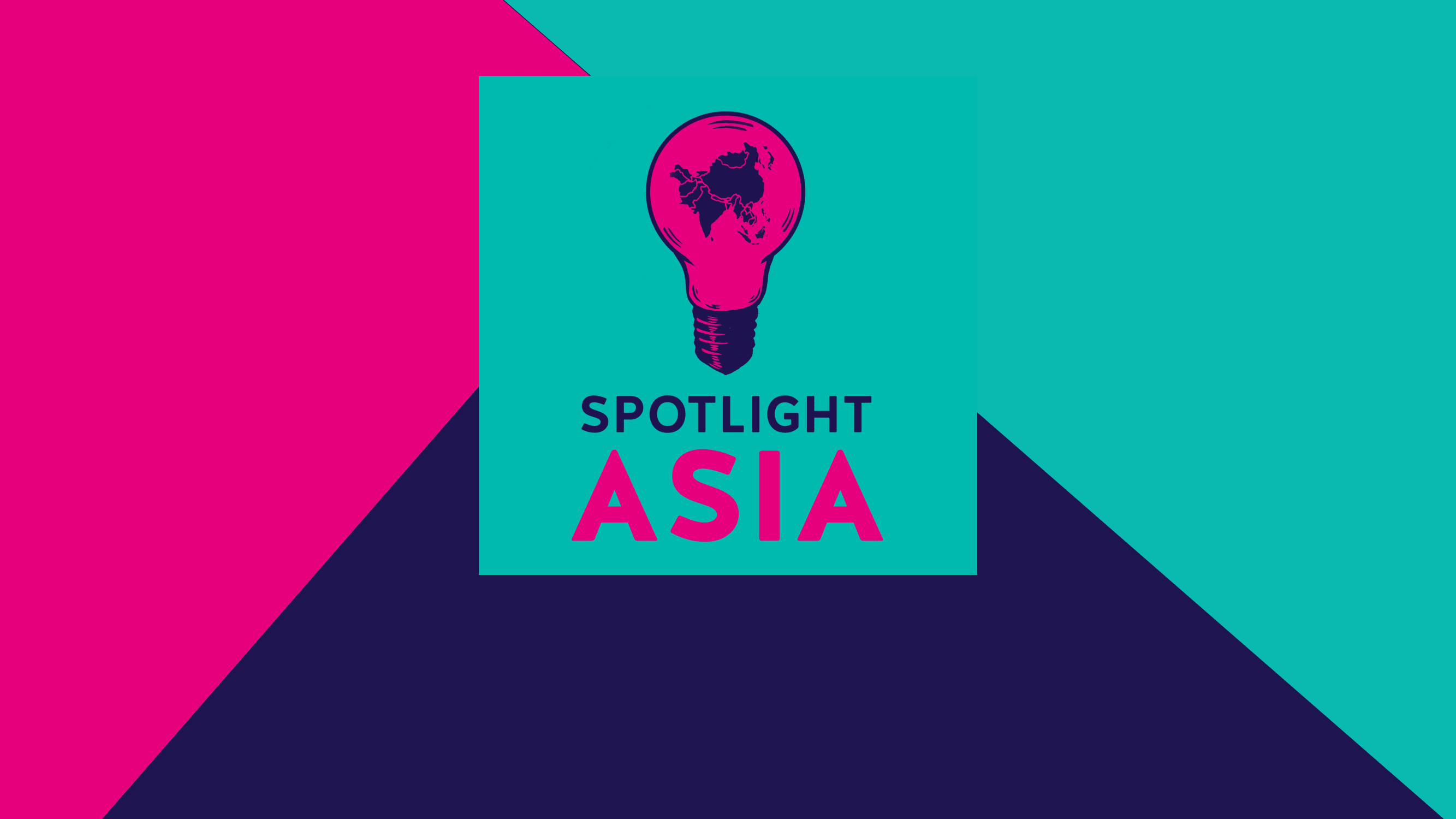Navigating the Evolution of Feminist Foreign Policy(s): From Concept to Practice
FFP is at a critical juncture. At once increasingly established as a national and international agenda, it is also still open to interpretation and change. Thinking through its origins, policy intersections, and potential future(s) is therefore key in understanding this point in its evolution. (Achilleos-Sarll et al. 2023)
In 2014, Sweden became the first country in the world to formally introduce a feminist foreign policy (FFP). Centering around the three Rs – Resources, Rights and Representation, Sweden’s approach has become a role model for other states to follow. Since 2014, other countries have followed suit and adopted a FFP approach to their foreign policy, such as Mexico, Canada, Spain, France and Germany. However, these approaches differ significantly in their contents, approaches, extents and impact. While, for instance, Germany draws heavily on the Swedish model, Canada has chosen a different path naming its approach Feminist International Assistance Policy that focuses mainly on development policy. Moreover, France’s Feminist Diplomacy not only bears another name but also diverges from the Swedish model and its 3 Rs.
Despite the states that have already adopted a FFP approach, a growing number of countries have announced that they will pursue some form of FFP. This gives momentum to a shift in the pursuit of foreign policy. However, the global rise of right-wing authoritarianism has resulted in attacks on feminist ideas and reduced funding for organizations that advocate for gender equality. In the case of Sweden, this led to the cancellation of the country’s FFP policy in the aftermath of their government elections in 2022. FFP now stands at a critical juncture, with Russia’s war of aggression in Ukraine, the ongoing Israel-Palestine conflict and the upcoming US election all posing further threats to feminist approaches to foreign policy. But how are FFP’s past, present and future intertwined and how can we trace its multidimensional and non-linear development?
In our upcoming event, we will discuss how FFP can often be used as a buzzword, focusing on what this means in concrete terms. But did FFP occur in a vacuum or is it based on numerous achievements of international feminist advocacy? As a starting point, we’ll look at where FFP originated from, with a discussion on how it differentiates from the Women, Peace and Security Agenda, before assessing how the concept has evolved since 2014. Finally, we’ll explore which states are yet to implement their own version of FFP and the challenges they may prevent them from doing so.
We are happy to welcome
Madita Standke-Erdmann is a doctoral researcher at the War Studies Department at King’s College, London. Her research is situated in the fields of feminist and postcolonial International Relations, global political economies, colonial histories and Feminist Security Studies. Her PhD project studies legacies of empire in German foreign policy in India. She holds an MSc in International Relations Theory from the London School of Economics and has worked in German and global civil society networks. She is a board member of the German Association for Peace and Conflict Studies.
and
tba
to this event.
Please register using the form on this page. Shortly before the meeting we will send you the zoom link at the given email address.
This event is organized by Polis180’s program Gender and International Politics.
Polis180 is a grassroot’s think tank for foreign and European policy. It was founded in June 2015 by a group of committed young people with diverse backgrounds and political standpoints. We now count over 600 association members. We aim to be the most innovative think tank and talent factory of and for young experts and enable them as an inclusive platform to significantly influence foreign and European policy decisions. With our projects, we offer young people the opportunity to formulate and specify their political demands and to present them to decision-makers.
Contact
Lena Wittenfeld – Co-Head of Program Gender and International Politics (lena.wittenfeld@polis180.org)
Organizers
Lara Brett & Lena Wittenfeld
Buchungen sind für diese Veranstaltung geschlossen.

